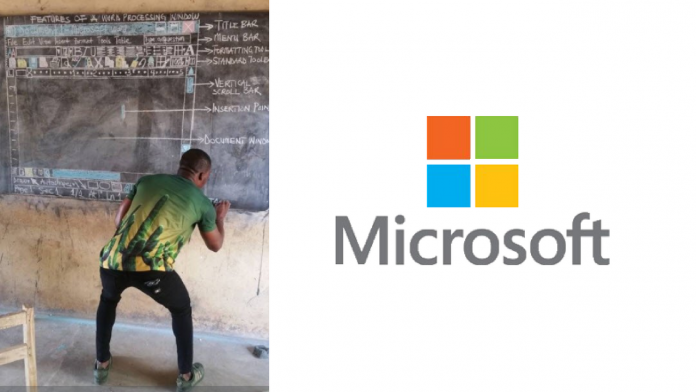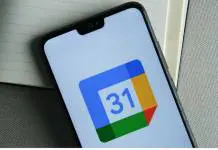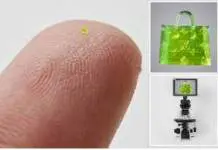
Cameroonian entrepreneur Rebecca Enonchong spotted and tracked down within 2 days with the help of her Twitter followers a viral photograph of Ghanian Teacher Owura Kwadwo, explaining in detail to his students how to use Microsoft’s Word toolbar in a chalkboard drawing. Enonchong finally approached Microsoft Africa to request proper equipment for Kwadwo.
Microsoft responded to Enonchong positively, and the Redmond giant said it would effectively provide Kwadwo with access to professional education services known as MCE (Microsoft Certified Educator) and of course, the donation of a computer.
This viral photograph has led, since it was made public, to the donation of many projectors and laptops among other equipment pieces to Kwadwo’s school. Enonchong tried as well to get Microsoft to donate computers to Kwadwo’s students, but there hasn’t been any response yet.
Enonchong, however, started with Kwadwo’s effort to teach his pupils’ Information and Communication Technology (ICT), a way to earn worldwide conscience over students not having computer access in Ghana.
??A teacher in Ghana who educates his students on computer technology – without any computers – has become a hit online.
?https://t.co/tHPjawg9zk pic.twitter.com/VUCXVPYpNR
— BBC (@BBC) March 1, 2018
Microsoft Africa and the story of Owura Kwadwo
As a response to Enonchong, Microsoft Africa posted through its official account something that might be seen as a statement. For Microsoft’s mission on Africa is to empower teachers and the modernization of the entire continent, as well as being a top career choice in the continent, the company has been ranked as a top employer in Africa since 2015:
“Supporting teachers to enable digital transformation in education is at the core of what we do. We will equip Owura Kwadwo with a device from one of our partners, and access to our MCE program & free professional development.”
Supporting teachers to enable digital transformation in education is at the core of what we do. We will equip Owura Kwadwo with a device from one of our partners, and access to our MCE program & free professional development resources on https://t.co/dJ6loRUOdg
— Microsoft Africa (@MicrosoftAfrica) February 27, 2018
Microsoft had 13,242 people in the Africa Employer of Choice Survey of 2015. Also, the growing funding of the Microsoft academy which has several focus points for youngsters and government administrators in order to develop a more effective ICT policy, making the future a place with more efficient government practices regarding technology.
Microsoft’s foundation of African youth enables youngsters to achieve a high level of education, specifically in the technology area, and to secure jobs within Microsoft partners and customers. The 4Afrika academy not only allows young Africans to access world-class skills but also boosts them into a competitive world.
Microsoft’s 4Afrika initiative launched recently a 2 IC App factory in Nairobi, Kenya, which seeks to provide an experimental way of learning and to increase the employability of USIU-Africa students. In 2017, 500 graduates achieved 85 percent of employability in full-time jobs.
Source: Quartz










